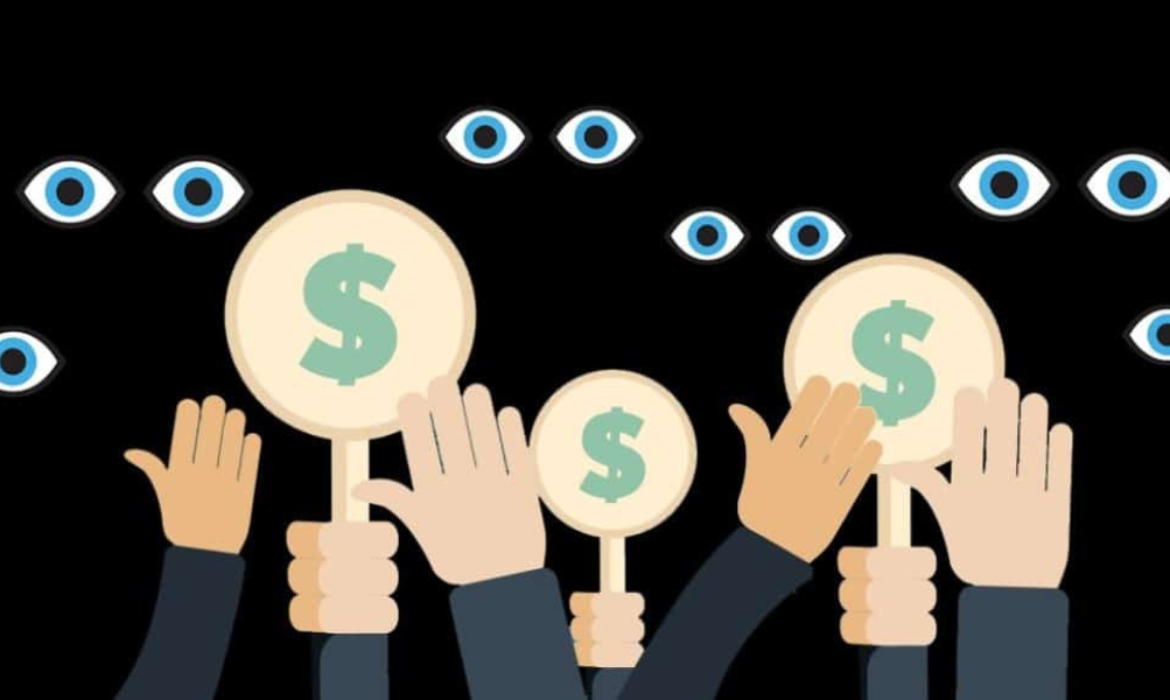Publishers Look For New Income Alternatives As Adtech Revenue Declines
The adtech industry has already been in an unstable situation for the past two years loaded with debt. It has been a challenging situation for major tech providers as well. Many of the companies were start-ups, fully leveraged, or hoping to come out with an IPO soon.
The COVID-19 pandemic only worsened the situation, for now, companies are to stay above water. Publishers fear that the two-year revenue gains will be over.
With the overconsumption of video content, premium ad placements have also declined. The publishers are also concerned about encountering payment uncertainty from ad exchanges and third-party revenue sources.
Co-CEO Rotem Shaul of Primis which is owned and backed by the Interpublic Group and Universal McCann.shares with Digiday the concerns from publishers and said,
The publishers we work with are prioritizing safety.
Therefore, publishers are rapidly finding new and stable ad formats and ad programs across platforms to continue with additional revenue streams ad reduce dependence on one ad format. The new ad format includes native, display, video advertising content, and scrolling videos that give way to new opportunities. Publishers are also using this quarantine time to improve and update the programmatic systems -page loading speeds, update ad tech stacks, and refresh the sales team on the latest developments.
CEO Roetm Shaul added with an increase in consumption, publishers should do everything they can and should partner with companies that will continue post-crisis too. They should look for new ways to diversify their ad tech portfolio.
All this would have been a little easier to experiment with vendors before the tightening of the economy as they had the luxury of freedom and money to test and determine the best solutions. Currently, the focus is on the cash flow with low pay or no pay, putting pressure on the managers to deliver revenue.
In this down economy, this will lead to a vicious cycle. Publishers will be hesitant to give a chance to small vendors for fear of being unpaid or will be enforced to replace ad tech. With these concerns, publishers will leave small companies and they will lose more money and business which will lead to bankruptcies or shutdown. This will create more worry over working with small vendors and publishers moving to bigger vendors.
Present scenario of publishers
According to Digi Day, Shaul said, “Publishers are frantically moving their businesses to safe havens like Google, Verizon, and other big companies.” Companies may not offer the best deals but have no uncertainty over the payments.
However, there are vendors like Freewheel (owned by Comcast), SpotX (owned by RTL), or Primis that can offer similar levels of stability. They are equipped to offer attractive deals and keep the revenue stream intact.
Again, Shaul said to DigiDay that at Primis, all publishers want to hear is about security and safety in these uncertain times. He added,
Even we feel the concerns from publishers. Fortunately, they do categorize us as a big company, as we are a part of IPG, and once they see the letters IPG and know that they will back us up, they relax.
This unpredictable time will teach new learnings. To drive fresh revenue streams, new ad programs are set up. For ad tech and publishers, these new practices for stability and innovation will be carried forward. The revenue-strapped publishers and vendors will stabilize, then sustain, and once again grow and prosper. It’s all these important learnings that will lay a new foundation for their relationships and campaigns in the future and make stronger business for both sides- vendors and publishers.


